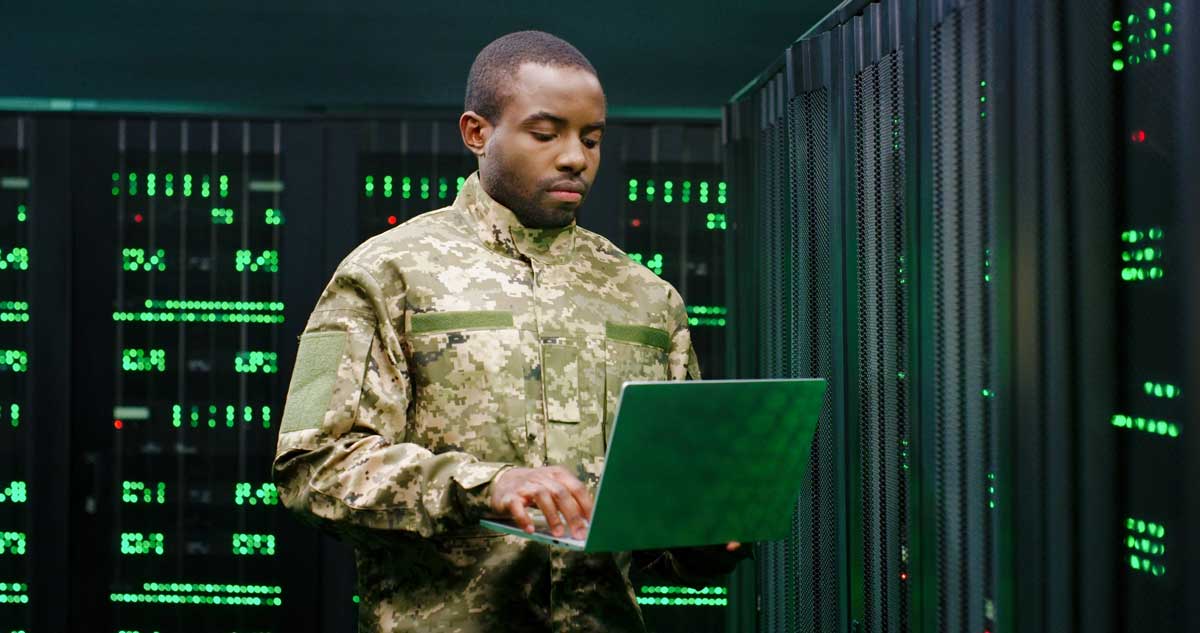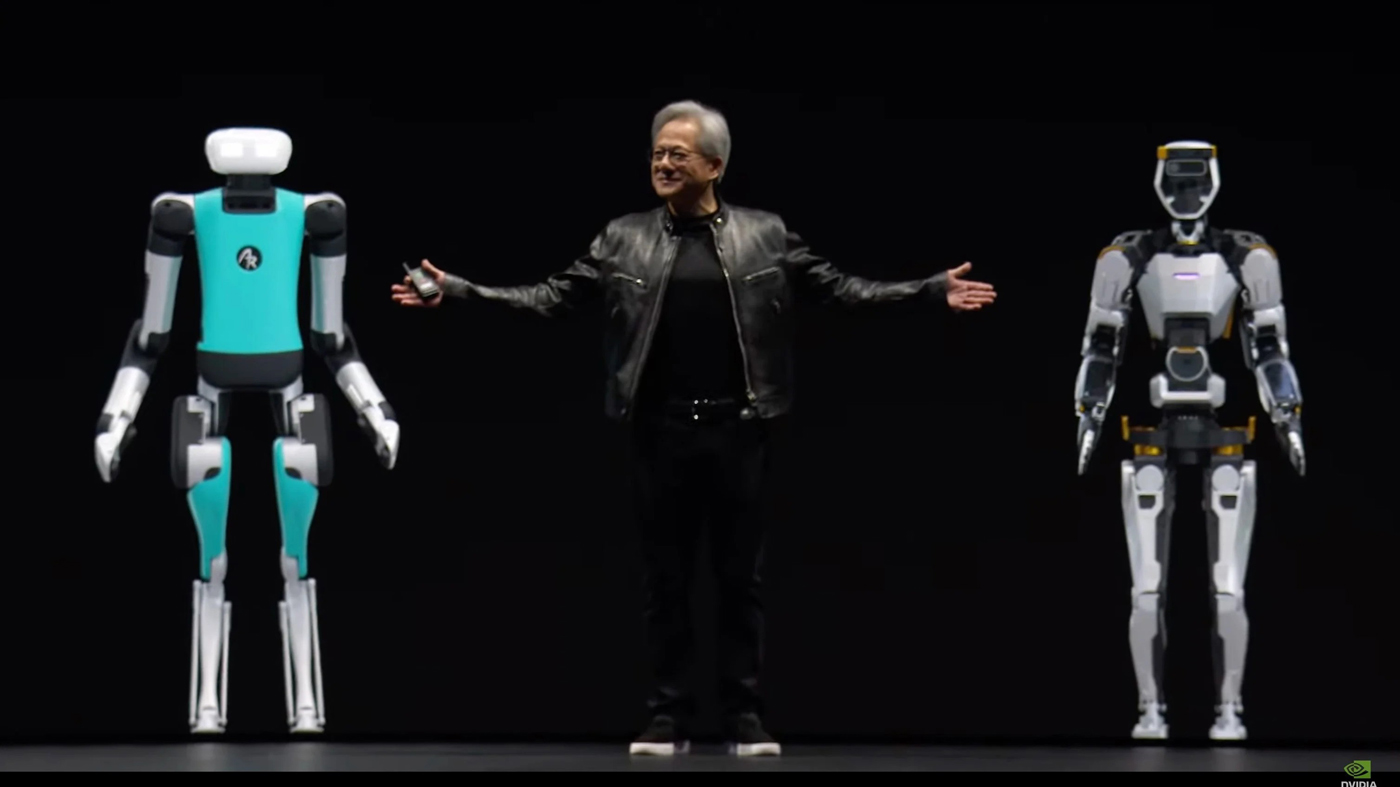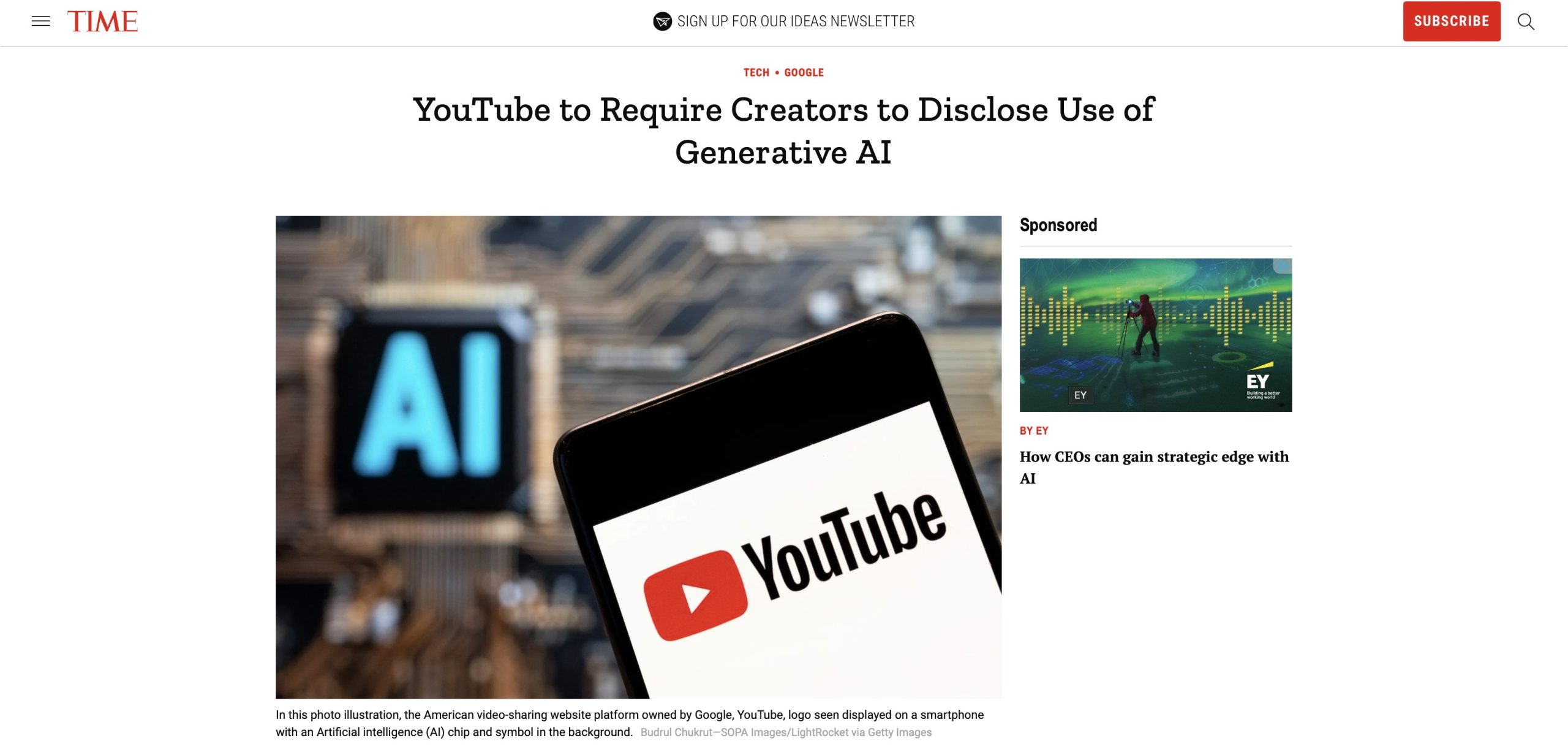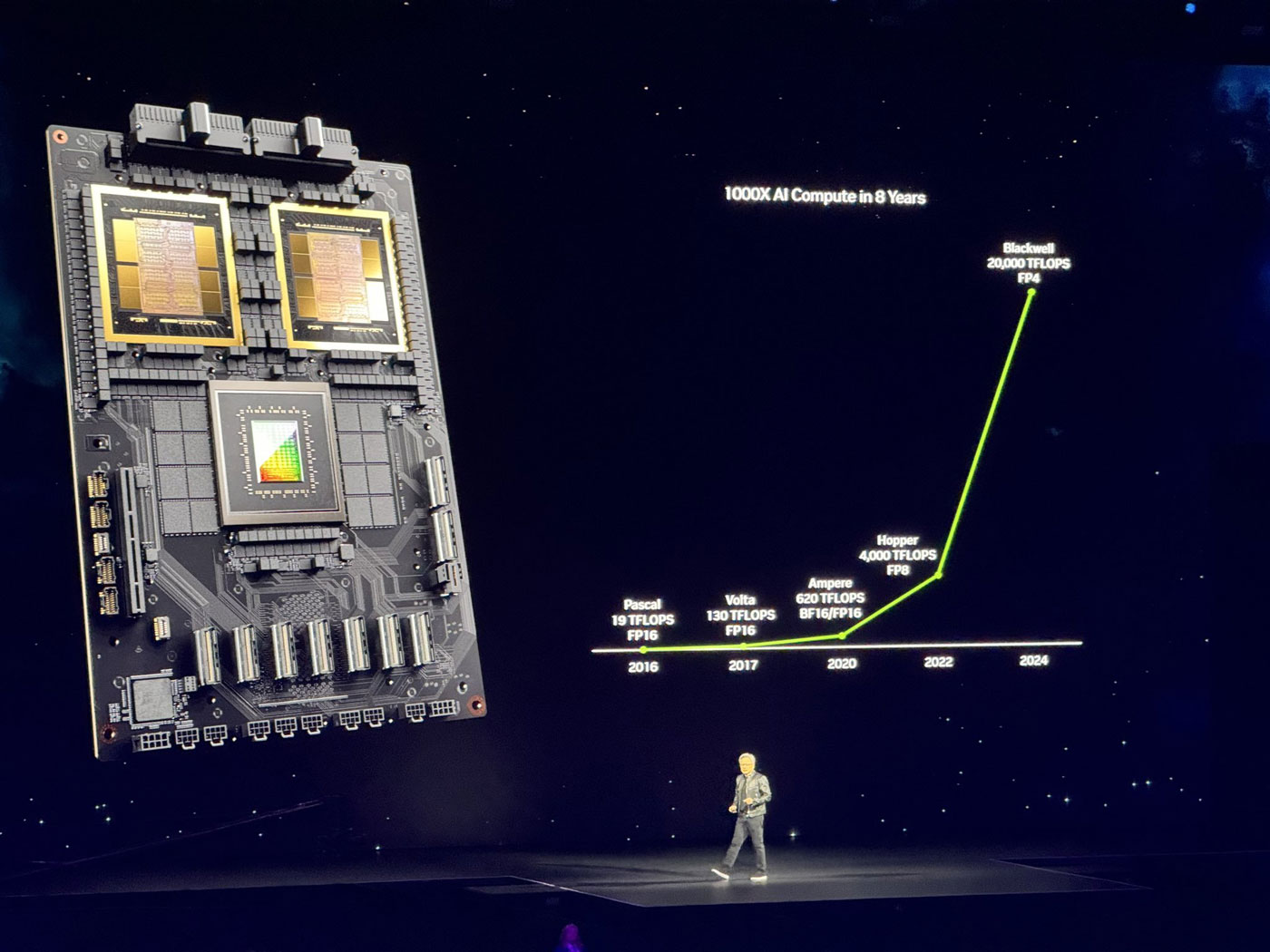OpenAI and Pentagon: A Forged Alliance in Cybersecurity
The realm of artificial intelligence (AI) is often shrouded in futuristic visions and ethical quandaries. But in the real world, the technology is already shaping some of the most critical arenas, including national security. A recent development that has sparked both intrigue and concern is the collaboration between OpenAI, a leading AI research lab, and the Pentagon on cybersecurity tools.
From Research Lab to Defense Partner
OpenAI, founded by Elon Musk and Sam Altman, boasts impressive breakthroughs in natural language processing and generative AI. Its flagship creation, ChatGPT, has captivated the world with its ability to mimic human conversation. However, the lab’s recent pivot towards defense applications marks a significant shift.
The partnership with the Pentagon, reportedly focusing on cybersecurity tools, raises a multitude of questions. What kind of tools are being developed? How will they be used? And what are the potential implications for AI ethics and warfare?
Building Defense Shields in the Digital Age
Cybersecurity threats are constantly evolving, becoming more sophisticated and damaging by the day. Hackers target critical infrastructure, steal sensitive data, and disrupt essential services. In this landscape, AI promises to bolster defenses in several ways:
- Threat detection and analysis: AI algorithms can sift through vast amounts of data to identify malicious activity at an early stage. By analyzing network traffic, user behavior, and system anomalies, AI can flag potential threats before they escalate.
- Automated defense mechanisms: AI-powered tools can react instantly to cyberattacks, deploying countermeasures and patching vulnerabilities before attackers can exploit them. This can significantly reduce the impact of breaches and buy time for human defenders to respond.
- Cyber intelligence gathering: AI can analyze vast troves of data from various sources, including social media, dark web forums, and leaked documents, to uncover the tactics and motivations of cybercriminal groups. This intelligence can be crucial in predicting future attacks and thwarting them before they occur.
The Ethical Tightrope Walk
While the potential benefits of AI in cybersecurity are undeniable, concerns remain about its potential misuse. Issues of bias, transparency, and accountability become even more acute when applied to national security.
- Bias in algorithms: AI models trained on biased data can perpetuate discriminatory practices and unfair targeting. In the context of cybersecurity, this could lead to the profiling and targeting of innocent individuals based on inaccurate or incomplete information.
- Lack of transparency: The inner workings of complex AI algorithms can be opaque, making it difficult to understand how they arrive at decisions. This lack of transparency raises concerns about accountability and the potential for abuse.
- Weaponization of AI: The line between defensive and offensive cyber tools can be blurry. While AI can be used to detect and mitigate cyberattacks, it can also be weaponized to launch sophisticated attacks on critical infrastructure and systems.
Navigating the Future of AI in Defense
OpenAI’s partnership with the Pentagon is a significant step forward in the integration of AI into national security. However, it is crucial to ensure that this technology is developed and used responsibly. Robust ethical frameworks, clear oversight mechanisms, and ongoing public discourse are essential to manage the risks and harness the potential of AI for good.
The future of AI in the defense sector remains uncertain, but one thing is clear: open dialogue and responsible development are essential to ensure that this powerful technology is used to protect, not threaten, our collective security.
The collaboration between OpenAI and the Pentagon marks a new chapter in the story of AI. It is a story that will continue to unfold in the years to come, and one that we must all follow closely. By understanding the potential and the risks of AI in the defense sector, we can work together to ensure that this technology is used for the benefit of all.





